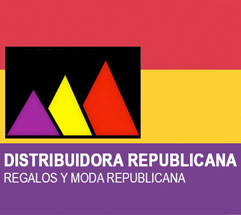License Agreement Competition Law
Licensing agreements that restrict competition are contrary to European Union (EU) competition rules. However, these agreements can also have positive effects, which outweigh their restrictive effects on competition. A new «category exemption» regulation and guidelines on technology transfer agreements create a security space for many licensing agreements. The length of a licence is in itself rarely a competition issue, although it may be problematic for a taker to remain subject to restrictions upon the expiry of a licence fee. Article published in Herbert Hovenkamp Liber Amicorum, N. Charbit and al. (eds.), Competitions, 2021. This article argues that while intellectual property (IP) and antitrust law often act as complementary legal elements, in some cases generalized differences of opinion (…) Some intellectual property rights, such as copyright, are inherently national, as they remain nationally defined rights, despite a considerable degree of uniformity resulting from international treaties and harmonisation by European directives. Rights holders therefore generally have the right to concede their rights on a national basis and to prohibit licensees from marketing the object granted outside the licensed area.
However, the ECJ has taken a strict approach to all restrictions that go beyond restrictions based solely on the geographic scope of the underlying INTELLECTUAL property boundaries. For example, in its Premier League ruling, the Court of Justice ruled on a request for a preliminary ruling by a British court concerning the contractual restrictions contained in licences granted by the British Premier League, which holds copyrights over transfers of relevant football matches to the United Kingdom. The Premier League had not only territorially limited the scope of its licences, but also prohibited its licensees from selling set-top boxes – which could be used to access the licensee`s shipments from anywhere in the EEA – outside the territory of the licence. The ECJ found that this latter restriction on the sale of decoding cards constituted a restriction under section 101 of the TFUE. On August 11, 2020, a Ninth Circuit panel overturned the District Court`s decision for the Northern District of California in FTC v. Qualcomm, Inc. The panel found that Qualcomm`s conduct refused to license its standard patents (SEPS) to competing chipset manufacturers; (b) Refusal of (…) – Grant-back obligations: a licensing agreement may require the licensee to disclose and transfer all improvements made during the licence period (including acquired know-how) into the technology granted.

